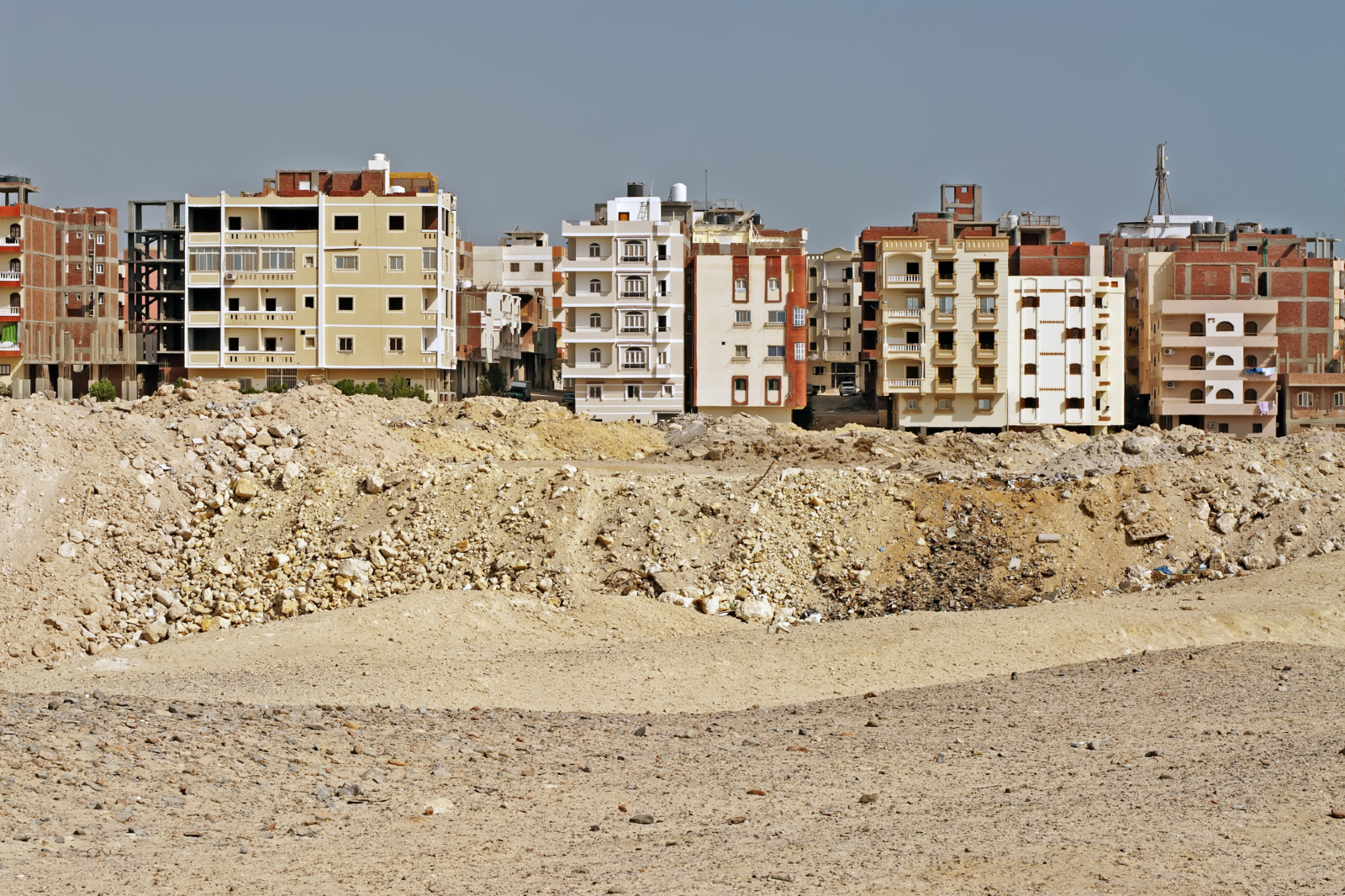New building violation reconciliation law could leave almost 1 mn buildings in limbo

Owners of illegal buildings situated next to the Nile won’t be permitted to pay reconciliation fees and legalize their status under the new iteration of the building violations reconciliation law being discussed by lawmakers. The House Housing Committee yesterday voted to exclude the buildings from the legislation — along with structures built on archaeological land and plots allocated to public car parks — following a heated debate on Sunday that saw some lawmakers warn that allowing buildings to stand next to the Nile could be in breach of the constitution.
The problem: The decision means that almost a third of the 2.8 mn reconciliation requests received by the government will fall outside the scope of the law. Ahmed El Seginy, who chairs the House Local Administration Committee, said this week that the bill will prevent 920k buildings from being reconciled.
Does that mean that all these buildings will be bulldozed? It’s not clear… El Seginy is calling on lawmakers to come up with solutions that don’t involve demolishing thousands of buildings and leaving mns of people homeless.“What will happen to the 500k illegal buildings which have an average population of 2.5 mn people?” he asked in an interview on El Hekaya last night (watch, runtime: 28:40).
REFRESHER- The original legislation gave owners the option to pay to reconcile illegal buildings but authorities have only responded to a fraction of the requests and fines have gone unpaid. Lawmakers are now drafting a new bill to replace the 2019 legislation, though the original reconciliation requests will remain valid.
No deadline on authorities to respond: A proposal to impose a deadline for authorities to respond to reconciliation requests was rejected by the government yesterday. Authorities have responded to only 180k of the 2.8 mn requests submitted since 2020.
Violators will have six months to submit reconciliation requests from the date stipulated in the new law’s executive regulations. They will have to pay an inspection fee of not more than EGP 5k and 25% of a “seriousness fee” that will be set by the regs. The new bill will try to make it easier for people to pay, according to Local Development Minister Hesham Amna, who said that it will allow people to pay the fees in installments over five years, as well as a 25% discount if made in a single payment.
FROM THE SENATE-
Digital Egypt Fund draft bill gets a nod from the Senate: The Senate gave a preliminary approval to the Digital Egypt Fund draft bill. The 30-article draft bill, approved by the Cabinet last year, would set up a fund to support the Communications Ministry’s Digital Egypt initiative. The fund’s HQ will be in Cairo, with potential to add other branches later in other governorates.
What’s next? The Senate is expected to give a final approval of the bill today. It will then make its way to the House for discussions and a vote ahead of being signed into law by President El Sisi.